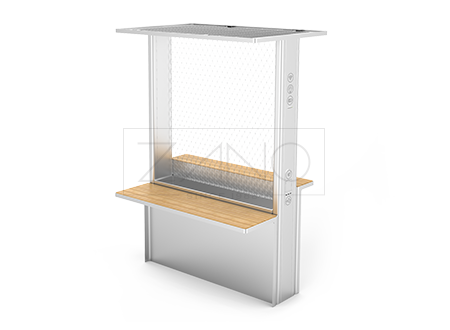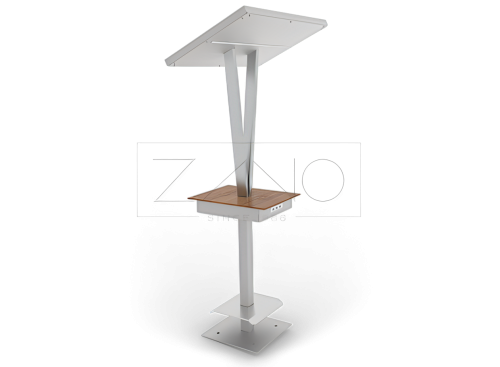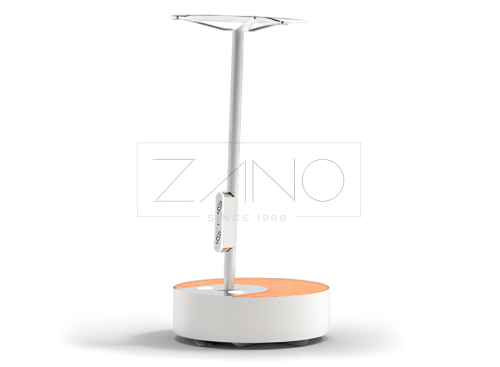
Solar charging stations have emerged as an innovative solution in urban landscapes, aligning with global sustainability goals and catering to the growing needs of tech-savvy populations. These installations are not only pivotal in supporting renewable energy adoption but also facilitate the increasing reliance on mobile and portable electronic devices in public spaces.
Typically constructed with robust materials to withstand various weather conditions, solar charging stations consist of solar panels, battery storage, and multiple charging ports. The solar panels capture and convert sunlight into electrical energy, which is then stored in batteries. This stored power is used to charge devices through USB ports or wireless charging pads integrated into the stations. These charging stations often feature a sleek, durable design that blends seamlessly with other street or urban furniture, such as benches or informational kiosks, enhancing both functionality and aesthetic appeal of public areas.
Solar charging stations offer a dual-functional capability where they serve as an eco-friendly power source and a modern piece of street furniture that supports connectivity and accessibility. They are commonly installed in parks, universities, shopping centers, and large public squares, providing patrons with the convenience to charge their electronic devices on the go without the need for conventional power sources.
The integration of LED lighting and digital displays can also transform these stations into informational hubs, where screens display useful public information or advertisements, contributing to their functionality. This smart urban furniture supports eco-friendly practices and promotes the use of renewable energy, reflecting a commitment to environmental stewardship and forward-thinking urban planning.

